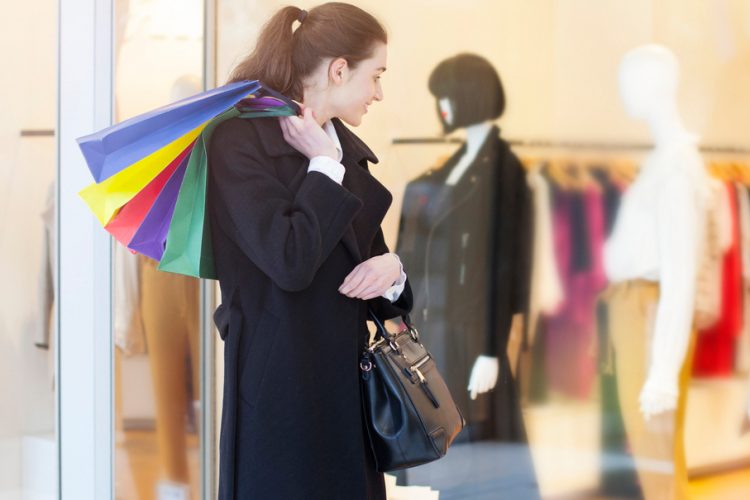Consumer sentiment evolves in Europe as stores reopen and crisis recedes

European consumers are emerging from lockdown with changed priorities and new expectations. To help retailers better understand just how they are adapting to the new post-pandemic reality, consultancy McKinsey has published the latest data from its consumer sentiment survey.
Some countries have been affected much more than others by the crisis and so consumer sentiment varies greatly by country. In hard-hit countries like Spain, France and Italy, less than 15% of consumers are “very optimistic” or “optimistic” about economic conditions now that the COVID-19 crisis is receding.
In the US, the percentage is twice as high at 33% while the huge consumer markets of China and India remain consistently more optimistic than the rest of the world. In India, a startling 57% of consumers are bullish on the future.
McKinsey notes how consumers in lockdown have embraced solutions like videoconferencing, curbside pickup for groceries, and telemedicine to overcome the restrictions on physical movement. The consultancy says between 40% to 60% of surveyed consumers who adopted these new products and services intend to continue using them as the lockdowns ease.
One activity that will be less popular in the future is visiting malls. In the US, the home of the shopping mall, intention to visit malls is down 17% while in France and Spain, it drops 26% and 25% respectively, and in India the figure drops a massive 30%. The appeal of shopping in specialty stores has not diminished nearly so much.
France
In France, the net intent to shop for non-grocery items in stores is down just 15%. Around a third of French consumers are cutting back on spending because of the crisis, with between 40% and 50% of them saying they will spend less on categories like footwear, apparel, furnishing, and consumer electronics.
Spending on skin care and make-up is holding up better among French shoppers, with a net intent to purchase dropping just 29%, while the worst-hit spending categories unsurprisingly are travel and out-of-home entertainment.
Many new types of contactless service have been developed to help consumers in the recent lockdown, ranging from online piano lessons to remote medical consultations. Interestingly, French consumers are particularly attracted to online makeup consultations, both during the crisis and after it as they adapt to the decision of many cosmetic retailers to remove makeup testers in stores.
Spain
The loyalty of Spanish consumers to traditional stores appears to have barely diminished during the crisis with a net intent to shop for non-grocery items in stores dropping just 8%, according to the survey. That is welcome news for many specialty retailers as stores in most parts of Spain have recently been allowed to reopen.
Interesting, enthusiasm for shopping online for groceries is waning among Spanish consumers now that the lockdown has eased. According to the survey, 29% say they plan to buy less groceries online that they did before the crisis compared to 22% who say they will do more online grocery shopping.
Another revealing finding is that 41% of Spanish shoppers say they have switched to using a grocery store that is less crowded during the lockdown, while 44% have opted to use a grocery store that is closer to their home. It will be interesting to see how much convenience and safety continue to influence shopping behavior in the post-pandemic era.



